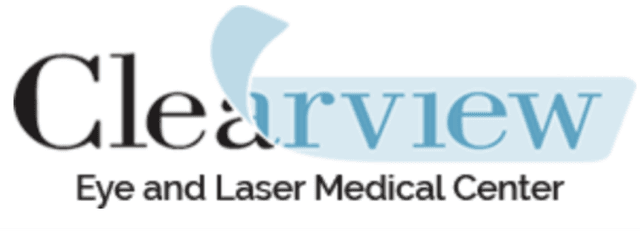
SAN DIEGO (October 14, 2013) - According to the Centers for Disease Control and Prevention, cataracts are the number one cause of vision loss in the United States. Nearly 22 million Americans age 40 and over have cataracts, while more than half of individuals age 80 and over suffer from this condition. In a recent study released in JAMA Ophthalmology, it was confirmed that statins, which are typically prescribed to reduce cholesterol and also prevent heart disease, may cause an increased risk for cataracts among individuals ages 30 through 85.
"While statins have long been associated with reduced cholesterol and reduced risk for heart disease, they do present a number of potential side effects including digestive issues, liver damage, muscle pain, and memory loss," said Dr. Sandy T. Feldman, an ophthalmologist and corneal expert at Clearview Eye & Laser Center, which was recently named by City Beat Magazine as the number one center for LASIK in San Diego. "With this recent study, cataracts should now be added to the list. Physicians and patients should take extra caution when considering statins in individuals with cataracts."
This study of nearly 14,000 individuals ages 30 to 85 reveals a 27 percent higher likelihood of developing cataracts among statin users than among non-users. This may be the result of the cholesterol-inhibiting properties interfering with cell regeneration in the lens of the eye, which requires cholesterol to retain transparency.
The good news for patients is that the treatment of cataracts has improved. As a pioneer in her field, Dr. Feldman specializes in a procedure known as computer-guided laser cataract surgery - utilizing the state-of-the-art Catalys Precision laser system - to clear cloudy vision and restore visual freedom. "With the technological advancements today, patients no longer have to suffer with cataracts," says Dr. Feldman. "With advanced laser cataract surgery, patients are choosing a highly customized procedure with 3D imaging that provides the opportunity for tailored treatment allowing for a gentler and easier cataract removal procedure."
As a leader in the field of ophthalmology, Dr. Sandy T. Feldman has participated in FDA clinical studies of Personalized LASIK. Currently, she is involved in studies of a new treatment to halt the progression of keratoconus, a disease in which the fitting of contact lenses can become challenging. In 2009, she was one of ten laser eye care providers in the U.S. to receive the Goldline Award as seen Forbes Magazine. In 2010, she was awarded the Silver Elite RealSelf award, and in 2011, she was awarded Top Doc San Diego, inducted into the prestigious American College of Ophthalmic Surgeons and was one of nation's 15 leading laser eye surgeons as seen in Newsweek magazine. Dr. Feldman is a member of the American Academy of Ophthalmology and American Society of Cataract and Refractive Surgery.
Clearview Eye and Laser Medical Center
6255 Lusk Blvd, Suite 100, San Diego, CA 92121
858.452.3937

Call Us: (858) 452-3937
8:30AM - 7:00 PM - Monday through Saturday (Saturday until 11:30AM)